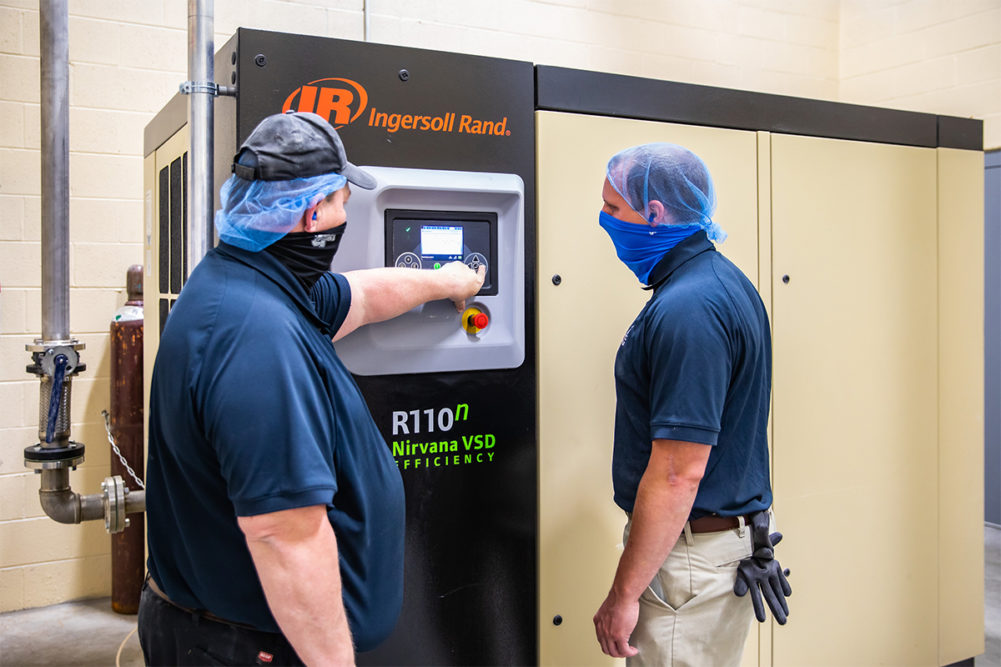Sustainability is so complex because it touches every part of the world. Siobhan Kelly, agribusiness economist, food systems and safety division, Food & Agriculture Organization of the United Nations (FAO), offered agribusiness as an example. The agri-food system’s sustainable impact is not simply limited to the environment like soil quality, water usage or greenhouse gas emissions, as important as those aspects are.
“If we think about the agri-food sector beyond the farm, we think about how the farm engages in the rural economy and the direct and indirect jobs that are provided,” she explained. “There are transport jobs, farm processing jobs, retail jobs and even the cultural importance that food has for many communities in many countries.”
During the past decade, one of the more important lessons emanating from the discourse on sustainability, and in particular from the lessons emerging from the Food Systems Summit has been that environmental, socioeconomic and health issues are interconnected, and therefore for a company’s sustainability plan to be effective it needs to be multi-faceted and holistic.
“To address the challenges of the environment and the agri-food sector, it doesn’t work when we look at the sector in silos,” Ms. Kelly said. “This mono-disciplinary silo approach has taken us to a point of climate crisis. So, while it’s extremely complex to do, the more we have a multi-sector and multi-stakeholder guidance and approach, the quicker we’ll advance.”
At the country level that FAO operates, this means coordinating not just with the ministry of agriculture but also the ministry of finance, which invests in agriculture, and ministry of health, which develops nutrition policies, she said. Individual companies can start with a coordinated effort internally, ensuring that every department is on board with the sustainability program.
“Like many companies, our early sustainability efforts were primarily focused on reducing costs,” said Margaret Ann Marsh, vice president, sustainability and environmental, Flowers Foods, Thomasville, Ga. “More and more, our sustainability programs are viewed as an integral part of the company strategy: how we engage with investors, consumers, employees and our community.”
Many bakers and CPGs started their sustainability plans focused on the cost reduction of energy and waste management as that’s easy to measure and see a cost savings. But as Ms. Kelly pointed out, sustainability can no longer be its own department but should be a part of every aspect of a company’s business plan.
“You must develop a sustainability strategy, but not one that works in parallel to the business strategy,” she said. “Both need to be enmeshed. Gone are the days when the sustainability manager would be off in some room on his own trying to badger colleagues to give him data.”
Conagra Brands made that pivot years ago.
“Our sustainability efforts used to live in the manufacturing plant with energy and waste management,” said Katya Hantel, senior director of sustainability, Conagra Brands, Chicago. “Now we have people working with R&D, operations and expanding to sustainability partnerships in procurement, brands and investor relations. We work much more cross-functionally when we tackle opportunities today because the definition has become much more cross-functional and relevant.”
Campbell Snacks, a division of Camden, NJ-based Campbell Soup Co., approaches its sustainability through four key pillars: Trusted Food, Vibrant Communities, Thriving People and a Healthy Environment, which points to how the company has expanded its definition of sustainability to include not only environmental issues but also social and governance issues. Campbell Snacks conducts a materiality survey every two years with both internal and external stakeholders. This survey helps ensure the company’s approach is well-aligned with what stakeholders believe should be prioritized.
“Our approach has become more embedded across the business to help drive progress with internal experts, creating multi-year action plans so that the work is embedded right where it belongs,” said George Vindiola, vice president of R&D for Campbell Snacks.
Energy and other environmental targets are easier than the social aspects of sustainability, Ms. Kelly said, in part because they are so much easier to measure. That doesn’t mean bakers should ignore social targets like fair pay and investing in communities. Such steps pay dividends, too.
“We are only as successful as the communities and industry that we serve,” Ms. Marsh pointed out. “As such, we support and learn from partners in several third-
party organizations like Better Plants, Energy Star and the American Bakers Association Energy and Environment Committee.”
Flowers Foods has also invested in community initiatives like its Second Chance Employer program, which seeks out potential employees who have a criminal background and may have trouble finding employment. The company also supports historically black colleges and universities through the Thurgood Marshall College Fund.
A company can use the lessons from its own sustainability program to influence the supply chain. By working with suppliers, customers and associations, food manufacturers can create a coordinated response to climate-related and social challenges and maximize their impact.
This article is an excerpt from the October 2021 issue of Baking & Snack. To read the entire feature on Sustainability, click here.






